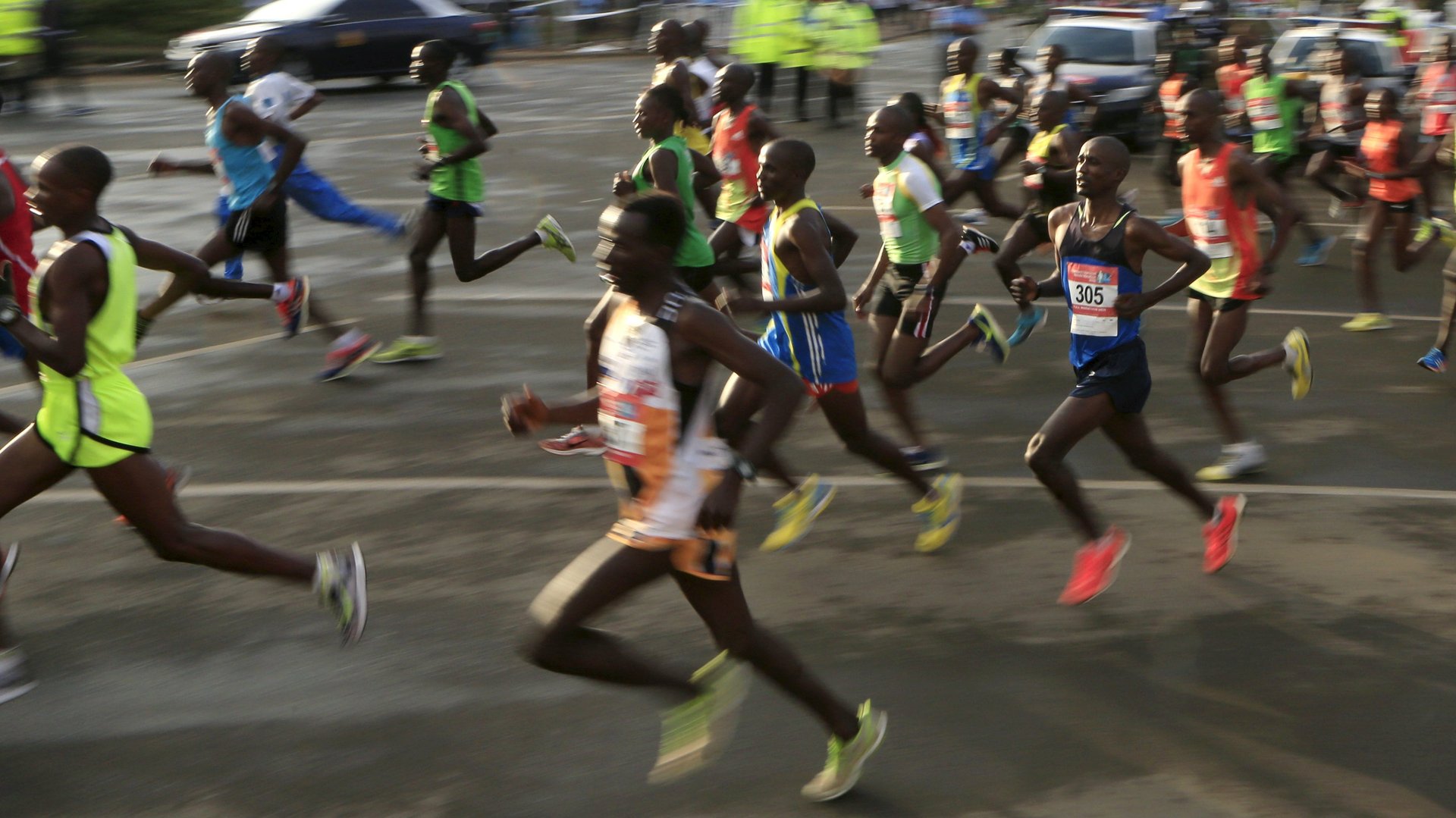Kenya could be the next target in the drive against doping in athletics
It is no secret that Kenyan athletes are some of the best runners on the planet. At this year’s World Athletics Championships, Kenya topped the leaderboard with 16 medals in track and field events. Meanwhile, at the recently held New York City marathon, both the men’s and women’s races were won by Kenyans.


It is no secret that Kenyan athletes are some of the best runners on the planet. At this year’s World Athletics Championships, Kenya topped the leaderboard with 16 medals in track and field events. Meanwhile, at the recently held New York City marathon, both the men’s and women’s races were won by Kenyans.
But questions are increasingly being asked about whether talent alone explains the country’s success in the sport. Over the last several years, over 35 runners from the country have been found to be using performance enhancing drugs. Following the news that the World Anti-Doping Agency (WADA) is recommending that Russia be banned from next year’s Olympics due to wide-ranging doping infractions (paywall), the question is: Could Kenya be next?
In August, an investigation (paywall) by ARD, a German broadcaster, and the UK’s Sunday Times, claimed to have obtained access to blood tests of athletes involved at the highest level of the sport. Of the 800 athletes to have been found to have “abnormal” test results, 77 were Kenyan. The report describes Kenya as a “blood-doping hotbed,” alleging that 18 of the 92 medals the country’s athletes won from 2001 to 2012 went to runners who exhibited abnormal results (paywall). Only Russia had more athletes tied to the suspicious blood tests.
The investigation also alleges systematic corruption in the sport in Kenya, with officials regularly accepting bribes from athletes caught doping to spare them getting banned.
Kenya was not mentioned in WADA’s report yesterday (Nov. 9). However, there are fears that a separate investigation by the anti-doping agency into the allegations documented in the Sunday Times and ARD report could lead to serious sanctions against Kenyan athletics.
Last week, Kipchoge Keino, chairman of the National Olympic Committee of Kenya (NOCK), told reporters that WADA could recommend Kenya be banned from the 2016 Olympics. ”It is no longer just a threat. They think Kenya is sweeping doping issues under the carpet,” he was quoted as saying. “Things are that bad.”
WADA officials are getting frustrated that Kenya is not confronting the issue more aggressively. For example, two athletes who tested positive for banned substances at the world championships in Beijing in August are still to be sanctioned by Kenyan authorities.
While the government has created an anti-doping agency, WADA officials say it exists in name only. “It’s reached a crisis point, really,” David Howman, WADA’s director general, told (paywall) the New York Times.
And that crisis point could have serious repercussions for the future of Kenyan athletics. It could mean that the country with some of the best track stars in the world will be absent at next year’s Olympic games.